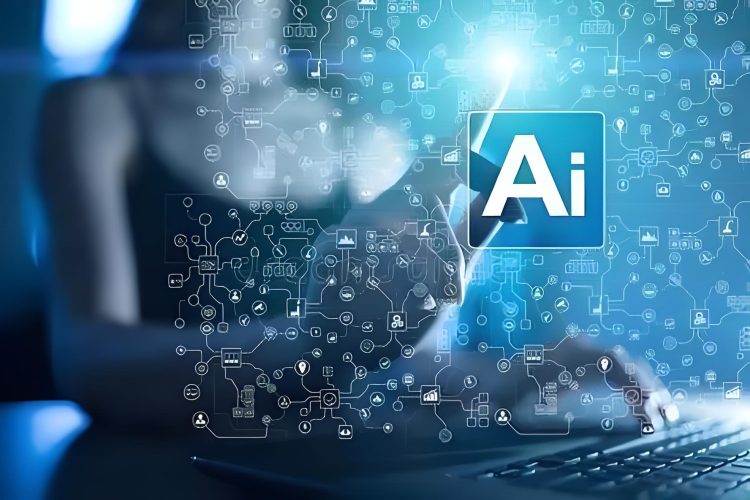In recent years, the relentless march of artificial intelligence (AI) has sparked widespread contemplation about its role and ramifications across diverse industries. Notably, in the realm of writing, AI’s integration has fundamentally altered the landscape of creative expression. This paradigm shift begs two pivotal questions: Does AI serve as a catalyst for heightened writing efficiency, or does it encroach upon the sacred realm of human creativity? The answer to this conundrum carries implications not just for technological progression but also for society’s understanding of creativity and cultural production.
First, AI Writing: An Efficiency Revolution
Indisputably, AI’s application in writing has revolutionized efficiency. The traditional writing journey, fraught with countless hours of deliberation and revisions, from inception to polished final draft, has been streamlined. Leveraging vast troves of data, AI writing tools meticulously craft text with impeccable logic and structure, dramatically truncating the timeframe. This is particularly advantageous in industries where textual output is abundant, such as journalism, marketing, and technical writing. Journalists harness AI to swiftly pen preliminary news reports, marketers tap into its prowess for crafting ad copy and product descriptions, while technical writers expedite the production of intricate documentation.
Second, The Creative Quandary
Yet, while AI augments writing speed, it introduces a nuanced complexity concerning the conveyance of ideas. Creative writing transcends mere word accumulation; it’s a conduit for authors’ thoughts, emotions, and experiences. AI, though proficient in producing grammatically impeccable and structurally coherent text, lacks the intangible touch of genuine emotion and personalized voice. Reliant on a corpus of human-generated content, AI writing often recycles and repackages existing information, falling short of spawning novel concepts.
Delving Deeper into Creativity
Moreover, creativity encompasses both the outcome and the intricate process leading to it. The cerebral gymnastics, eureka moments, and arduous quest for wordsmithery are integral facets of creativity that AI cannot replicate. AI writing tools, though a valuable source of inspiration and content, merely supplement the creative endeavor; the final alchemy remains a human endeavor. AI acts as a potent aid, yet it falls short of substituting the inimitable human experience and the synergy of ideas during the creative process.
Ethical and Social Ramifications
The proliferation of AI writing tools also raises ethical and societal dilemmas. The issue of copyright infringement looms large as AI-generated content may draw heavily from existing works. The question arises: Should the originators of these works be remunerated and acknowledged? Furthermore, assessing the quality of AI-generated content poses a challenge; while appearing coherent, its veracity and reliability necessitate human scrutiny.
Cultural Production and Dissemination
On a broader scale, AI writing’s ascendancy may reshape cultural production and dissemination. An influx of AI-generated content could exacerbate information overload, compelling us to grapple with sifting through a deluge of information to uncover gems. Moreover, the homogeneity of AI-generated content may stifle diversity in thought and ideas, threatening the vibrant tapestry of human creativity.
Conclusion: Embracing the Synergy
Amidst these challenges, we must acknowledge AI writing’s potential and advantages. In education, it serves as a invaluable teaching aid, expediting students’ mastery of writing skills and offering immediate feedback. In literary endeavors, AI becomes a creative companion, fostering inspiration and fueling the writer’s imagination. In business, it bolsters content production efficiency, slashing costs, and enabling quicker market responsiveness.
Ultimately, AI writing acts as both an efficiency enhancer and, to a lesser extent, a creativity influencer. As a tool, it thrives in specific domains, yet it cannot usurp human creativity and introspection. By harnessing AI’s strengths while preserving a reverence for creativity and individuality, we can usher in a vibrant era of hybrid cultural production. Crucially, we must strike a balance between technological progress and ethical considerations, ensuring AI’s evolution genuinely benefits society and enriches our cultural landscape.











































Discussion about this post